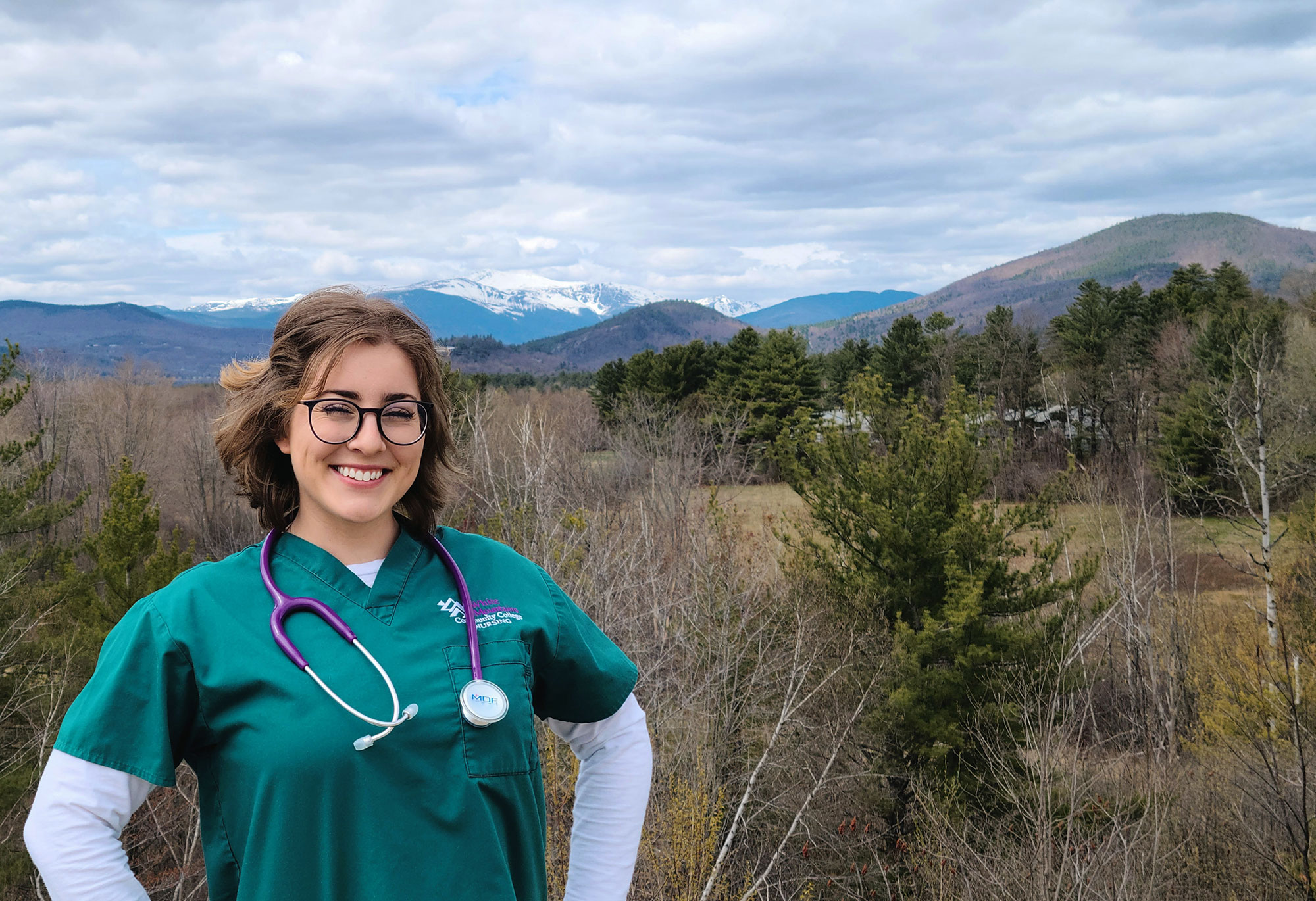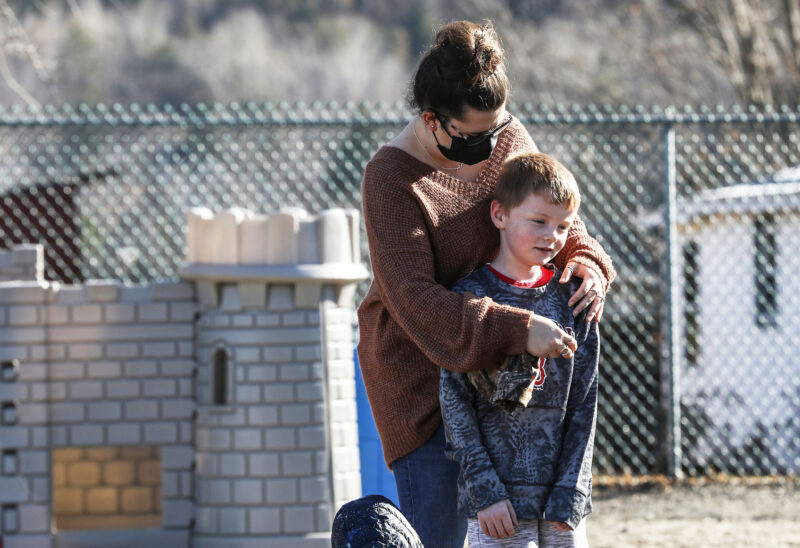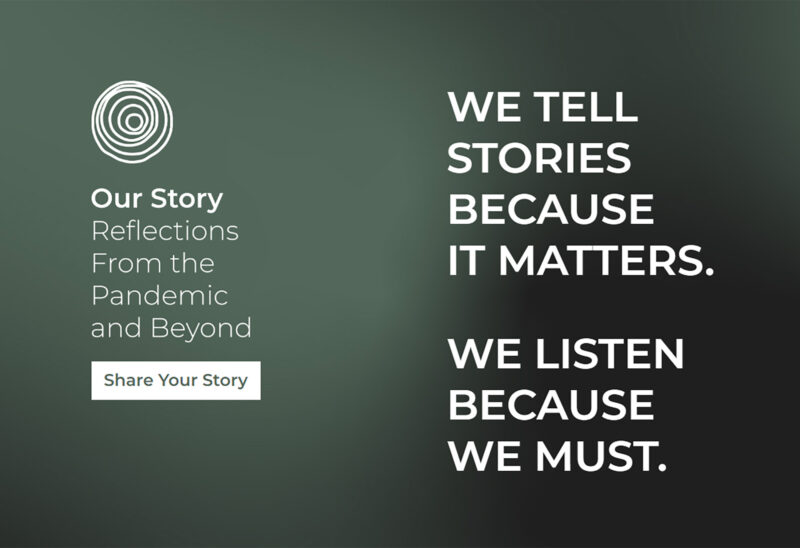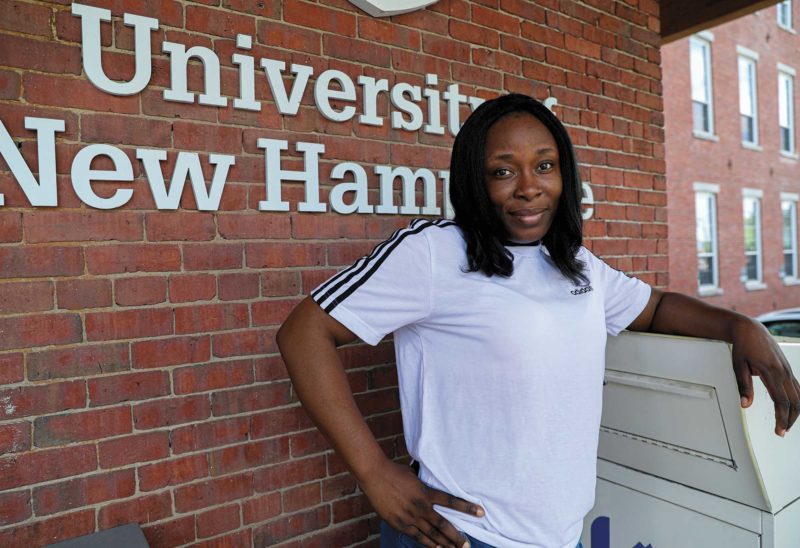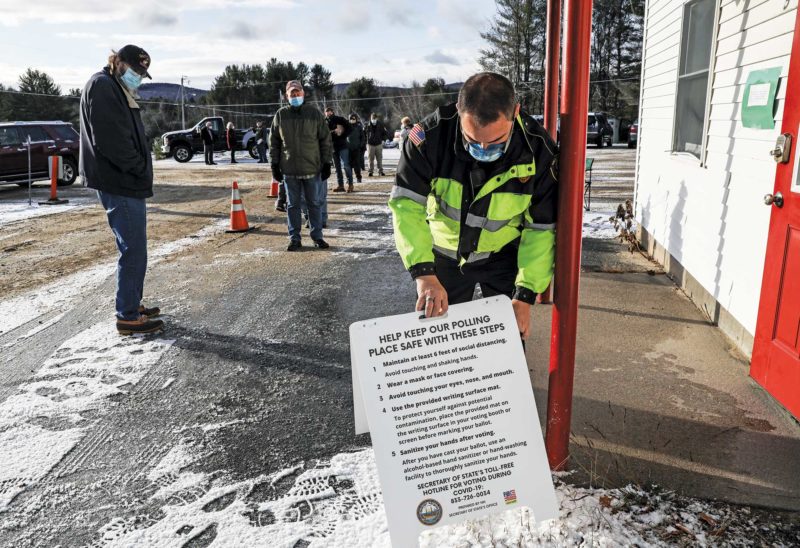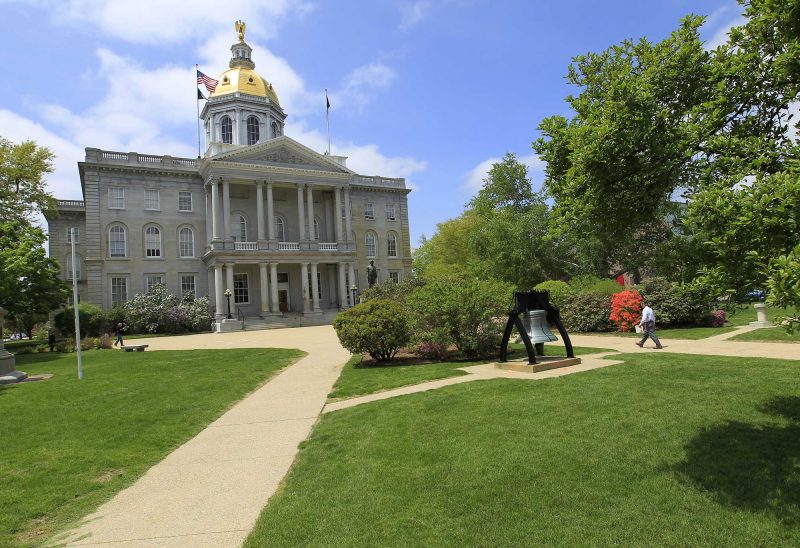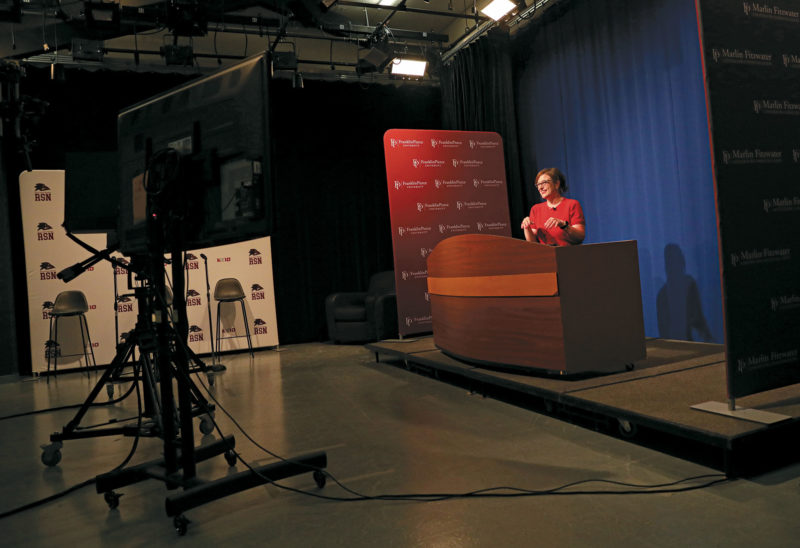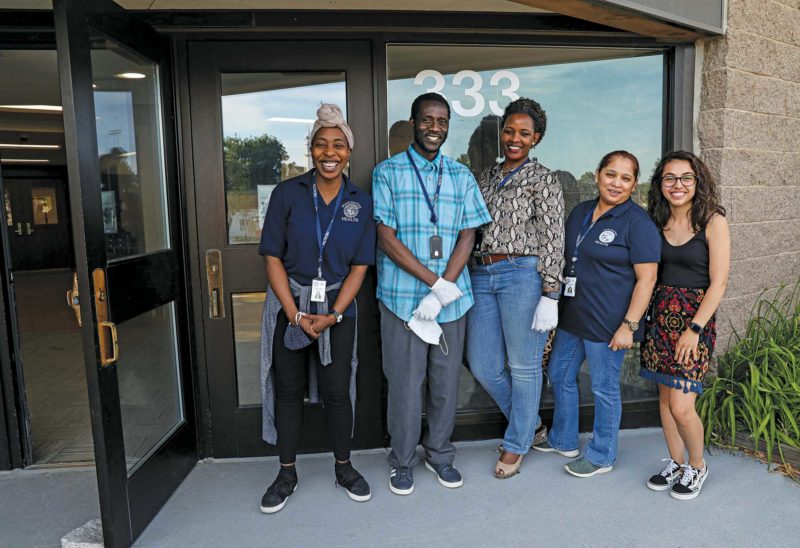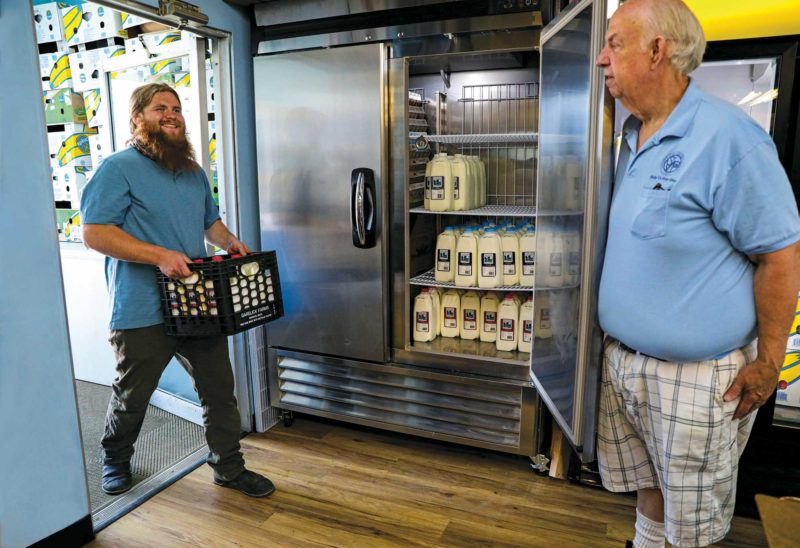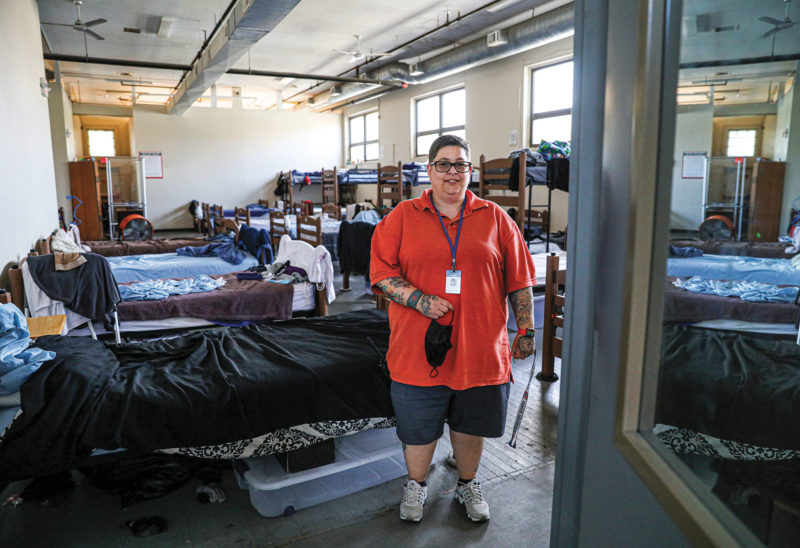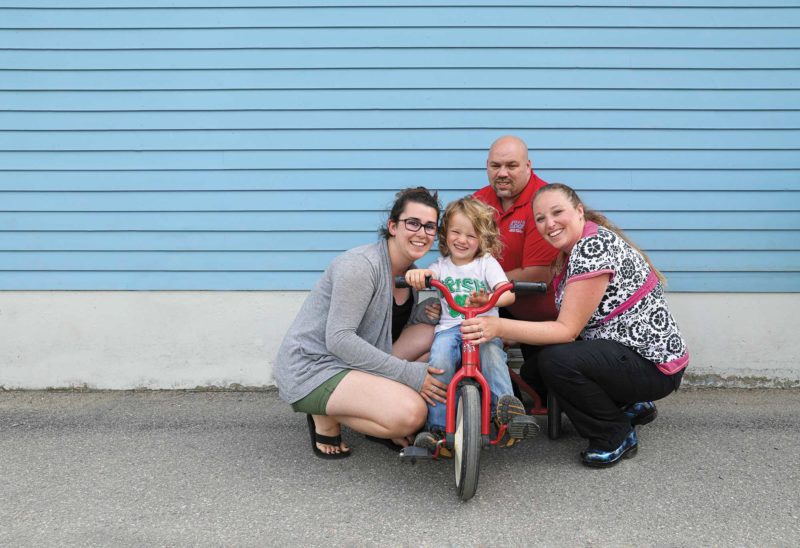For many community college students, completion of their degree or certificate program represents a significant step up on the economic ladder. Many are adult students with children of their own. The vast majority work — some at multiple jobs — while completing their studies. For many, all of that adds up to extremely tight budgets, full schedules and complicated logistics.
And then the COVID-19 pandemic hit.
Many students — whose jobs were in industries like hospitality and food service — were laid off. Some had no computers or wifi at home to continue with remote learning. Already-tight budgets were stretched to breaking.
“These students have already overcome so much to get in the door and, all of a sudden, here is not just another curveball — but a meteor coming at them to overcome,” said Chuck Lloyd, president of White Mountains Community College in Berlin.
The Foundation for New Hampshire Community Colleges allocated $50,000 to cover students’ emergency needs. The Charitable Foundation made an additional $40,000 grant to be distributed to students to cover emergency needs — anything from tuition assistance to help paying for food and utilities.
“We want to help students, especially those who are most vulnerable, be able to stay in school — and to finish their programs,” said Michael Turmelle, director of education and career initiatives at the Charitable Foundation. “We don’t want people to get pushed off the opportunity ladder that they have worked so hard to get onto in the first place.”
The grant is helping students like Anna Dude of North Conway. She is a nursing student at White Mountains Community College in Berlin and the mom of a four-year-old. Before the pandemic hit, she also waitressed part-time during the school year — and full-time-plus during the summer and on school vacations. She was laid off in mid-March.
When the school reached out to see if she needed help, she was taken aback.
“It really puts the ‘community’ in community college that they were willing to help out and put this investment in these students. I was really grateful for that,” Dude said. “It’s a hard situation for a lot of people right now.”
Dude paid her electric bill with the gift card that came from the emergency funds.
Chad Boxall is a community college student studying to be a social worker. He was laid off from his two part-time jobs when the pandemic hit — at a casino and bussing tables. He and his partner were hesitant to go to a food pantry because “we didn’t want to take from those that had less than us.” But when the school reached out and offered assistance, he agreed. The gift cards covered the couple’s grocery bills until their stimulus checks came in.
“It was definitely a lifesaver,” he said. “I am trying to look for a way to give back or pass it on.”
As the economy starts to retool and rebuild on the other side of this pandemic, Lloyd said, community colleges will be “at the ready to help rebuild the economy and train the new workforce.”
Anna Dude is planning to stay in the North Country to work as a nurse when she finishes school. Right now, she is working on getting her license to be a nursing assistant. This summer, she intends to step in to work on the front lines, hoping to work in a long-term care facility. Her grandfather is in such a facility in Manchester.
“The only contact he gets are the people who work there,” she said. “If I can be that person to someone, if I can be their family, their friend, they really deserve that and it is a sacrifice I am more than willing to make.”

